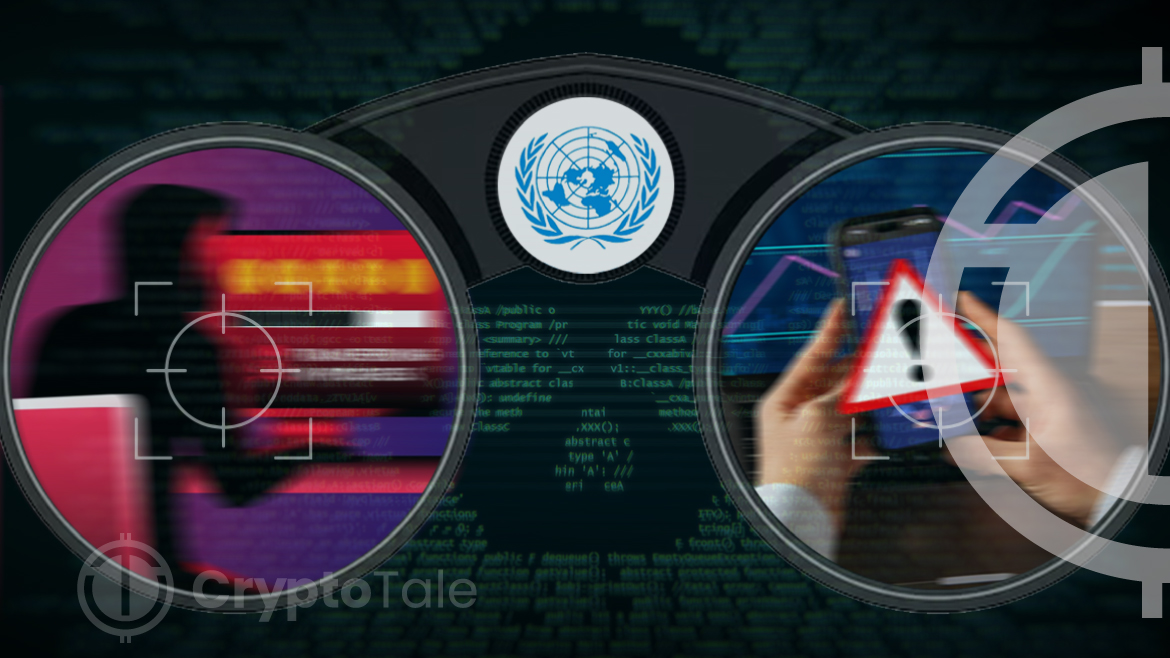- Asian crime syndicates have increased the use of technology to conduct large-scale frauds.
- Online gambling and digital currency platforms allow criminals to launder money very easily.
- Reports show a 600% rise in AI-driven crimes like deepfakes in Southeast Asia.
A new report from the United Nations Office on Drugs and Crime (UNODC) revealed that crime groups in Southeast Asia are increasing. Hackers are using digital currency to grow their fraudulent activities, causing financial losses estimated between US $18 billion and $37 billion in 2023 alone. The UNODC has urged Southeast Asian countries to criminalize unlicensed crypto providers.
The Report
The study, titled Transnational Organized Crime and the Convergence of Cyber-Enabled Fraud, Underground Banking, and Technological Innovation: A Shifting Threat Landscape, is the second in a series that looks at the growth of criminal enterprises in the region. Masood Karimipour, the UNODC Regional Representative for Southeast Asia and the Pacific, stated that these groups are using fast-moving technology to create larger frauds that are tough for authorities to detect and stop.
Use of Digital Assets in Fraud
The report explained how cyber fraud, especially through loosely regulated online gambling and digital currency platforms, has become a key way for criminals to launder billions of dollars. A relevant case is the laundering of $35 million from the DMM Bitcoin hack through the Huione marketplace. These groups use these platforms without enough oversight, mixing illegal money into the global financial system.
Gamma Strategies Negotiates With Hacker After an Exploit of $3.4 MillionIncrease in AI-Driven Crimes
The document also pointed out a rise in AI-driven crimes, with a notable 600% increase in deepfake-related activities by criminals in Southeast Asia in early 2024. These tech tools make it easier for even those without technical skills to engage in complex frauds. UNODC also highlighted the human side of these crimes. Many people are tricked into scam jobs through false job ads, only to be forced into committing fraud under the threat of harm.
UNODC’s Response to Threats
In response to these growing threats, UNODC has suggested a series of recommendations to improve regional cooperation and strengthen laws to help governments better handle and reduce these risks. Some digital platforms have initiated recovery programs. For instance, WazirX launched a $23 million bounty program aimed at involving the global community in tracking stolen assets after a $230 million cyberattack.
These findings and recommendations are part of a larger effort in the ASEAN Regional Cooperation Roadmap, which aims to tackle the linked issues of crime and human trafficking related to casinos and scam operations across Southeast Asia. These efforts highlight the urgent need for a united global response to the challenges of modern crime driven by advanced technologies.






